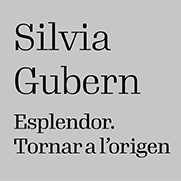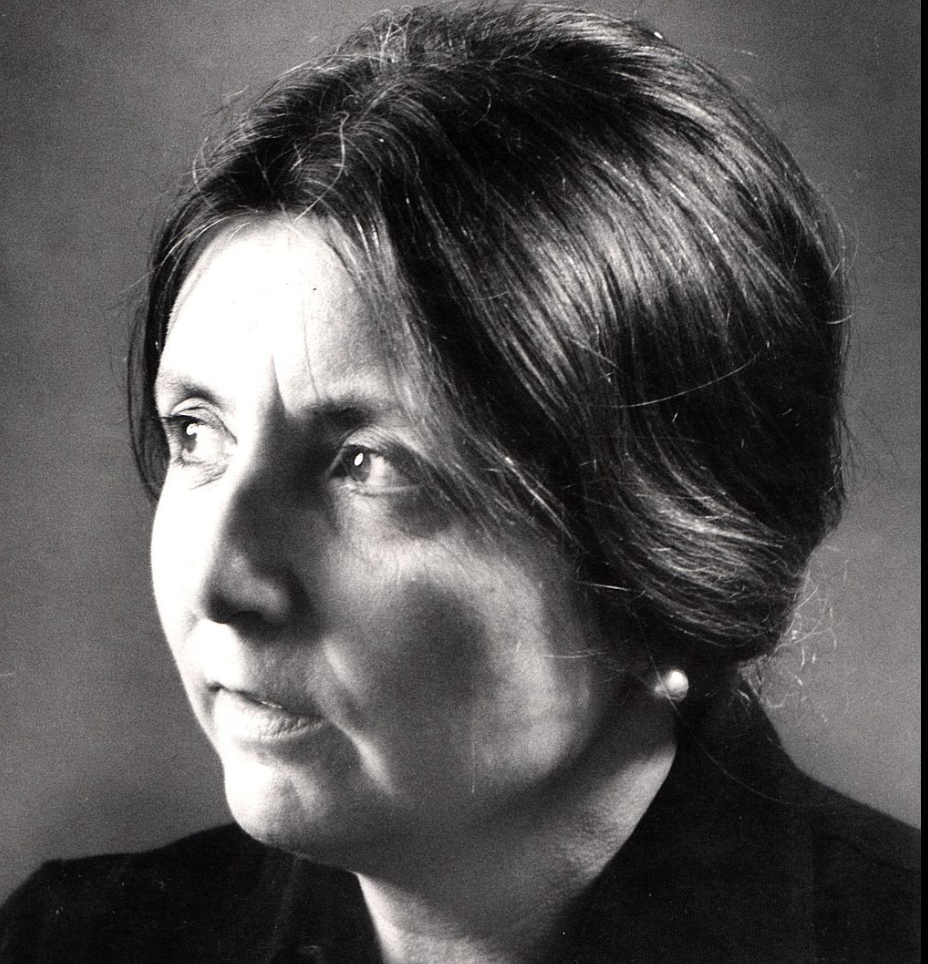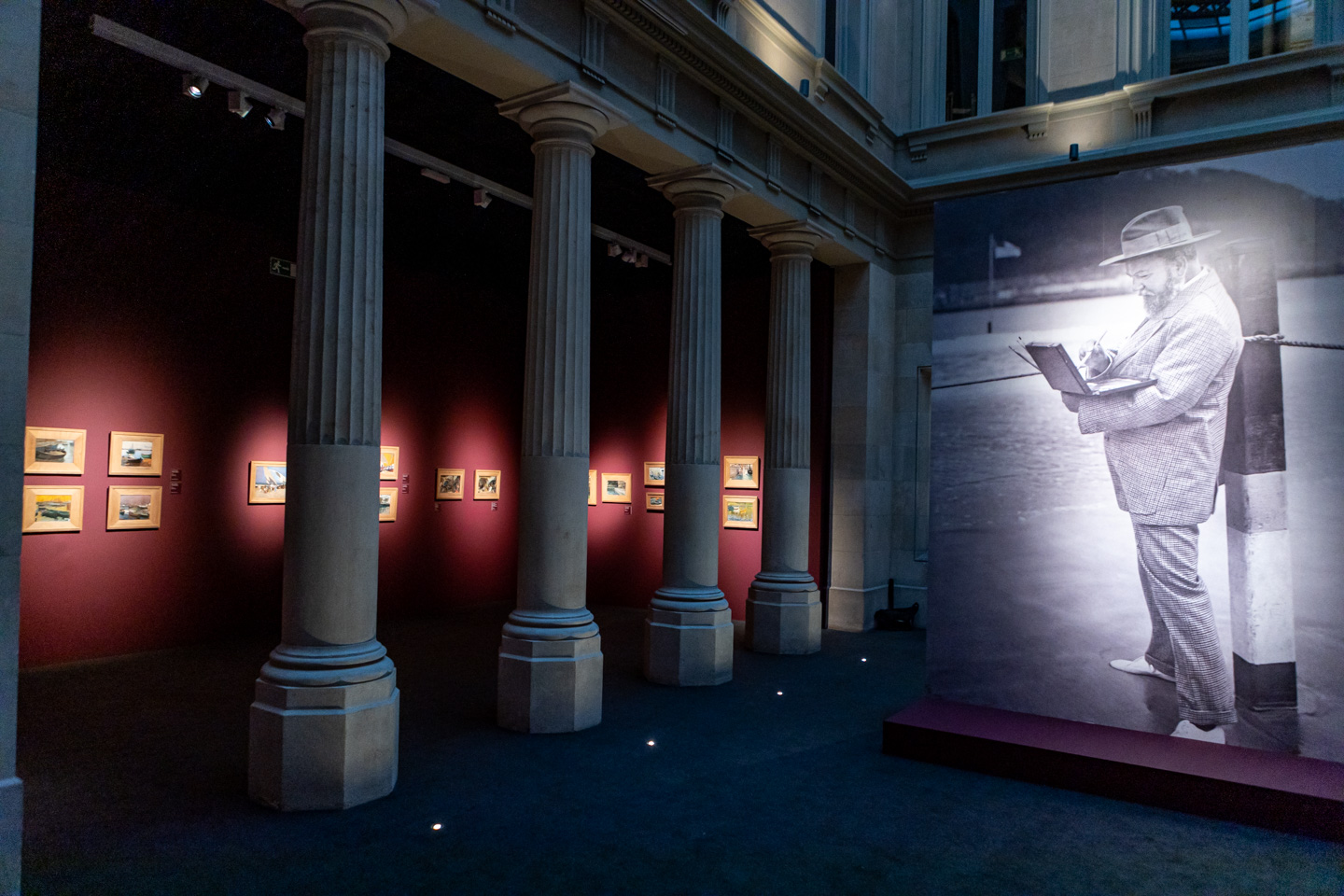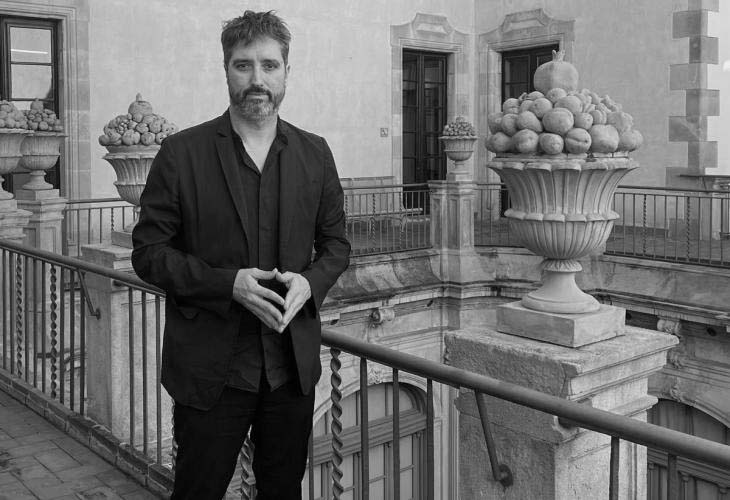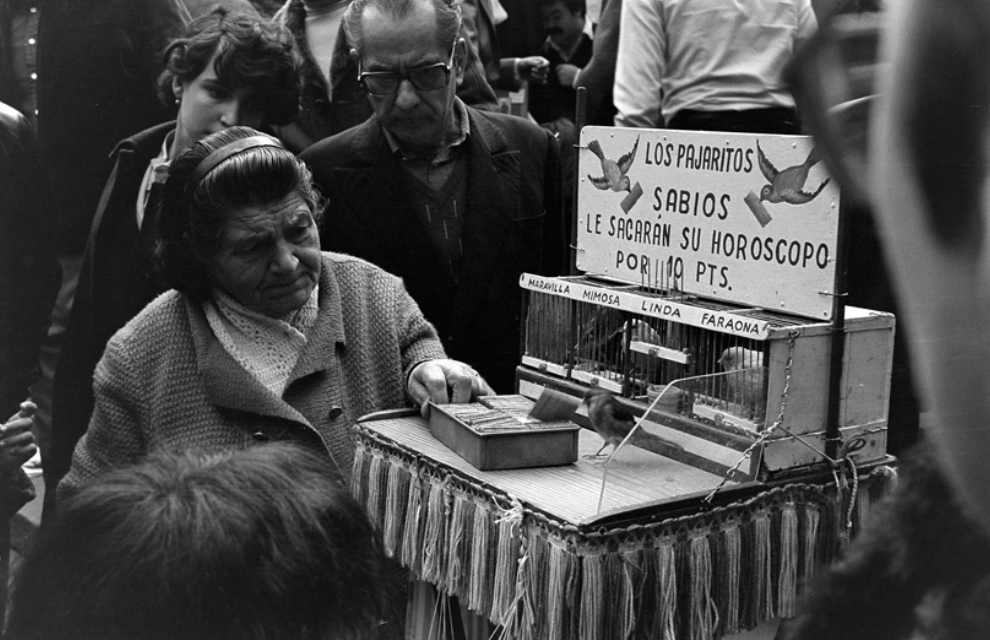Opinion
Roots of Catalan cinema: Pere Portabella and Ràfols
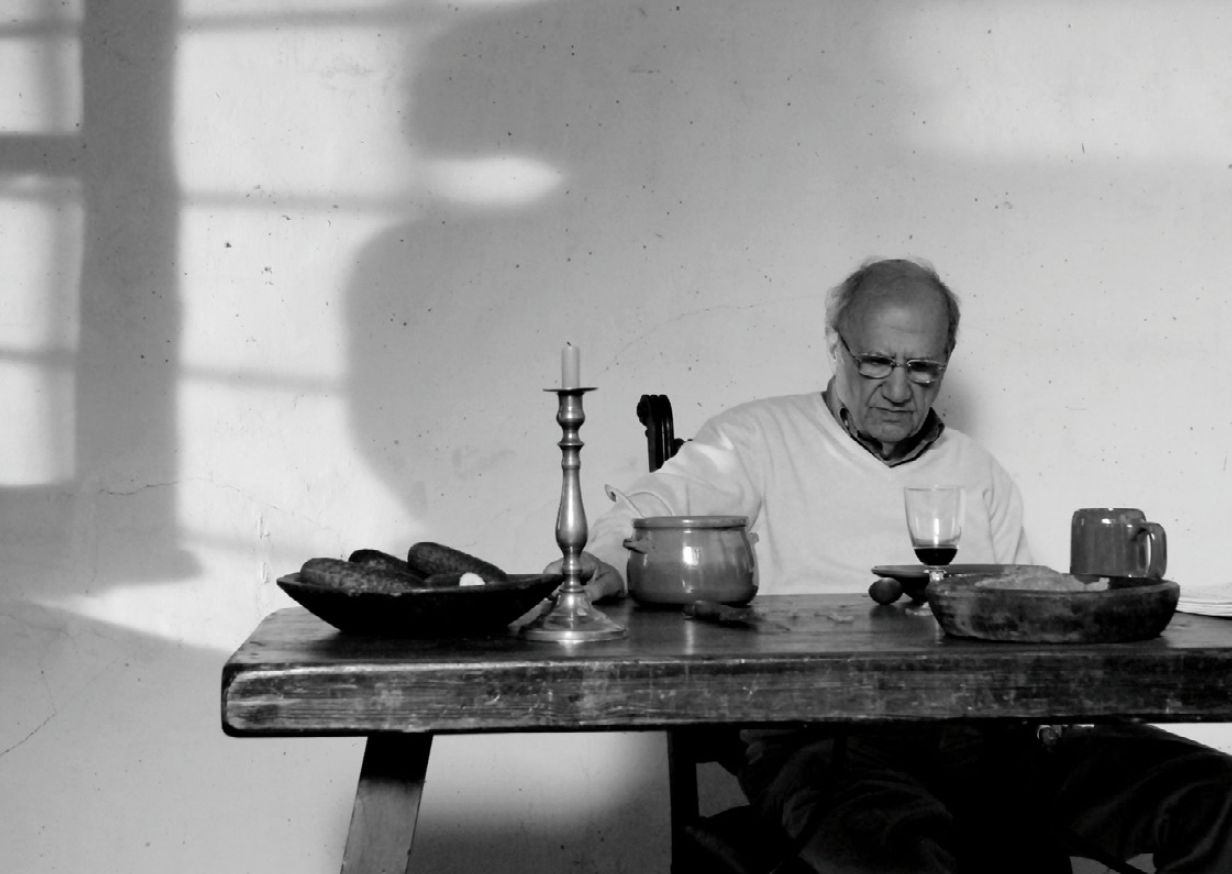
The University of Girona granted, on February 10 of this year, the distinction of doctor honoris causa to the filmmaker, politician and intellectual Pere Portabella i Ràfols (Figueres, 1927), for his commitment to the country, its culture and his cinema, and to maintain "a firm belief in the lessons of the avant-garde". Portabella, who as a young man cultivated relationships with the painters Antonio Saura and Antoni Tàpies and the sculptor Eduardo Chillida, and who joined the group Dau al Set, formed by Tàpies, Modest Cuixart and Joan Brossa, initially wanted to be sculptor, but finally opted for cinema, first creating the production company Films 59, supporting some essential productions of the so-called "critical realism" ( Los gulfos , by Carlos Saura, 1959, and El cochecito , by Marco Ferreri, 1960), but, above all, for what was Luis Buñuel's return to Spanish cinematography, Viridiana , 1961, which despite winning the Palme d'Or at the Cannes festival, was banned in Spain until 1977.
At the end of the sixties, Portabella was linked to the formation of the Escola de Barcelona and, combining the heritage of the avant-garde culture conveyed by Dau al Set and the "new cinema" movements, in collaboration with the poet Joan Brossa, in 1967 he made his first film, No counteu amb els dits , of which, when it premiered in Girona (in March 1968), his friend Pere Ignasi Fages i Mir, youngest son of the poet Carles Fages of Climent and who would become the chief of staff of the communist leader Santiago Carrillo in exile, to the question posed to him by the local newspaper, "where is this film going?", he assured: "In the indication and the to suggest goes very far", as a year and a half later, on the occasion of the premiere of his next film, Nocturn 29 , 1968, (title that alluded to the years that had passed under the dictatorship), in a wide interview that I maintained with Portabella, for the local newspaper, which was later reproduced in its entirety in the Barcelona magazine Imatge and Sound , defined his second feature film as "a general and authentic fresco of Spanish society" where "it tries to reach the viewer through their own and active participation", since "the reflection is, in particular , the defining point of my film work". It is not for nothing that Nocturn 29 was said to be "the first political film of Spanish cinema".
The objective was clear, as he told me to close my interview: "Finally, we reach the consciousness of the viewer with our works!", since his works are his silent "revolution", the one that comes by pure suggestion to develop in the conscious prism of each viewer.
After this second feature film, Portabella developed an independent, alternative and clandestine cinema, inseparable from his left-wing political positioning, a stage which, after being in active politics, he resumed with The Warsaw Bridge , 1989, and The silence before Bach , 2007, and which closes with the short The move , 2008, with García Lorca in the background and his General Report II , 2015. This avant-garde artist, recognized worldwide for his radical and new dimensions of the cinematographic language and for its political commitment, it continues to raise the flag of culture as a transformative tool in a changing world, when it states that "culture must recover its political dimension".


